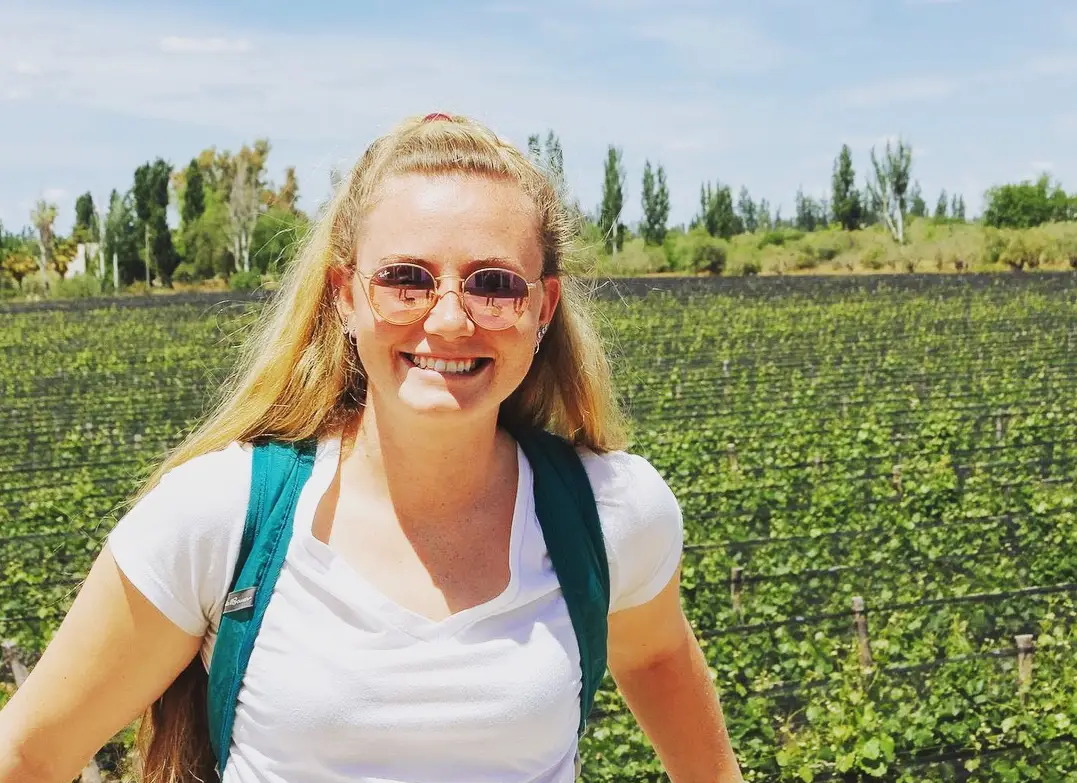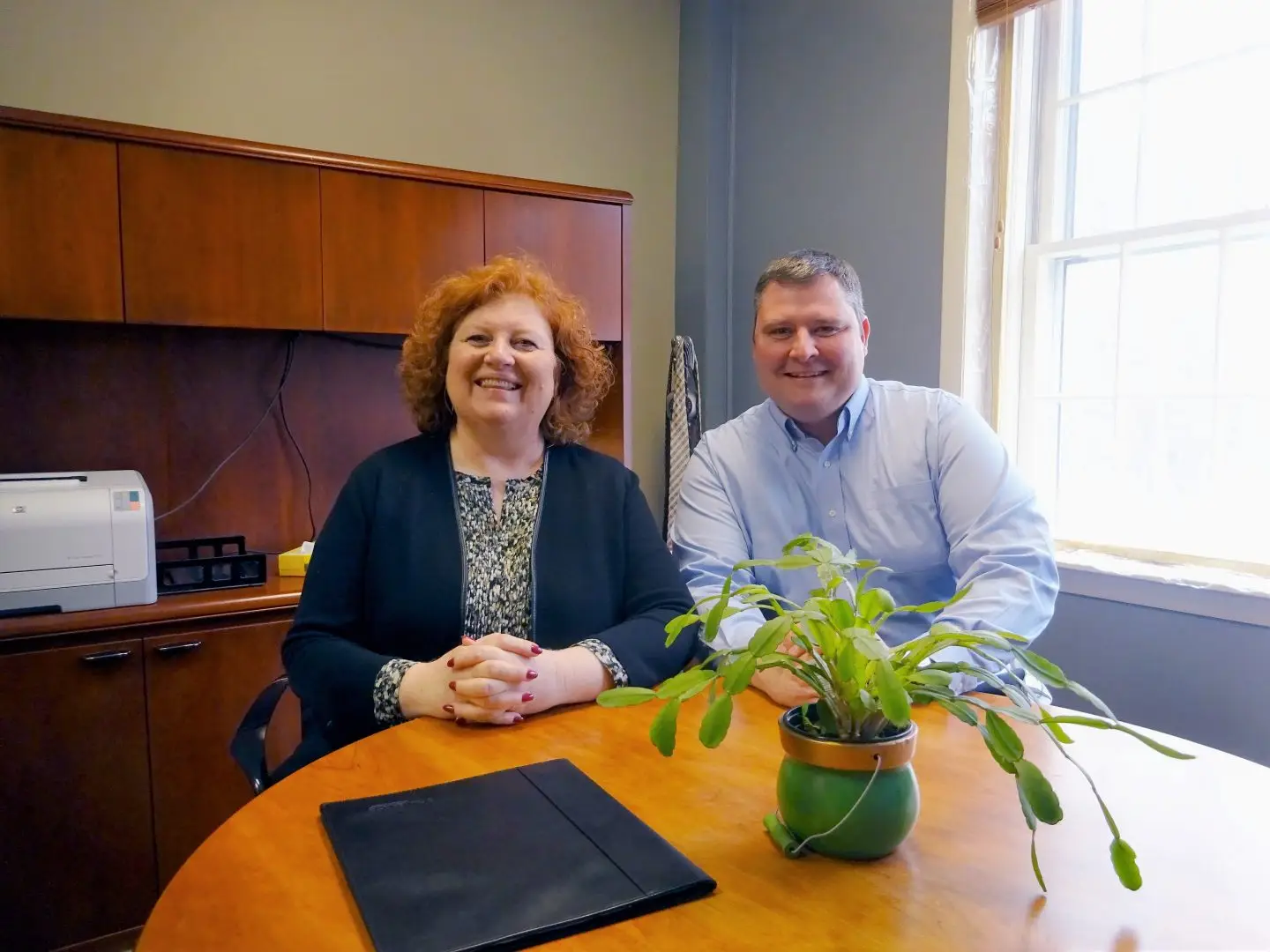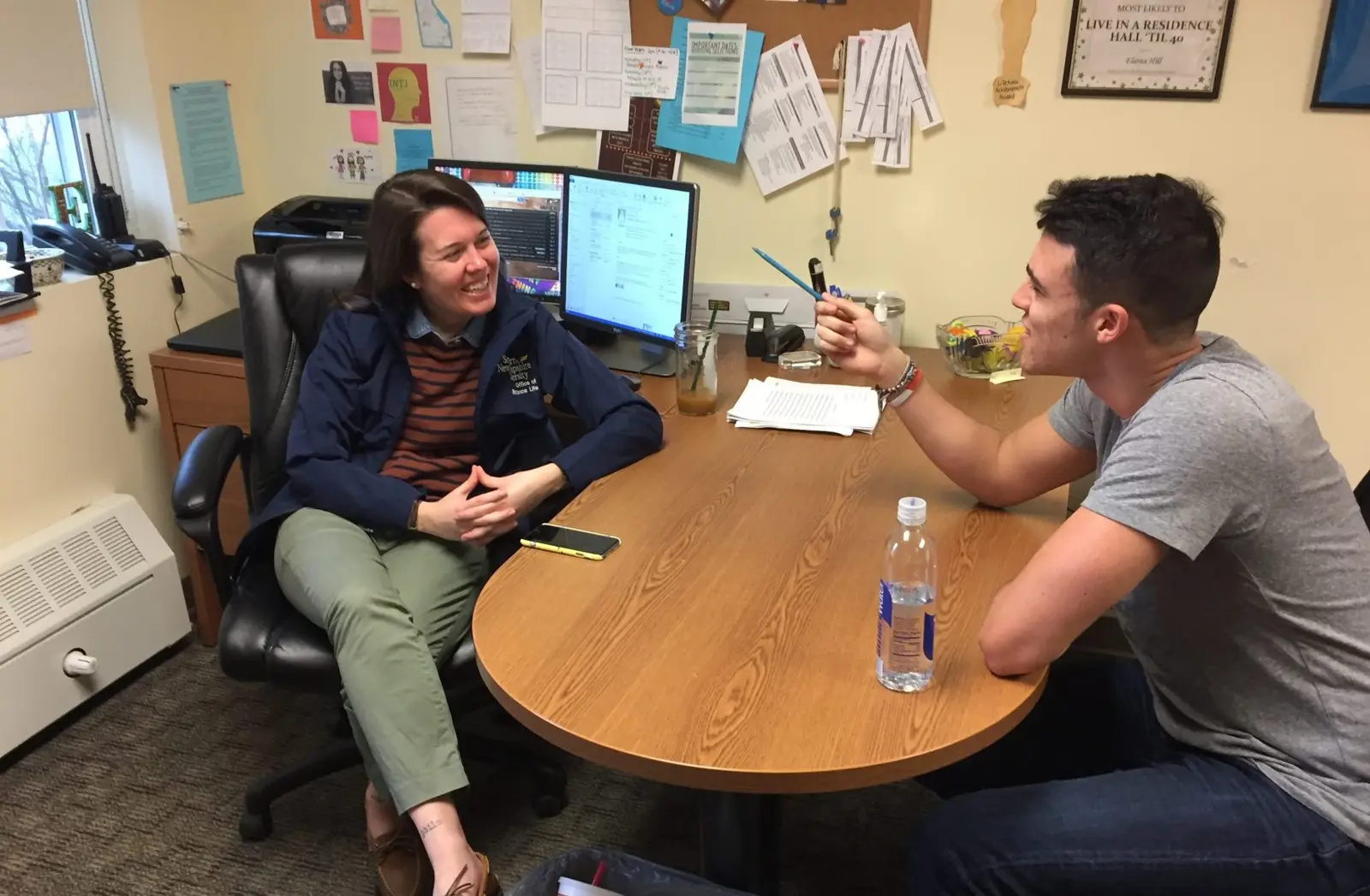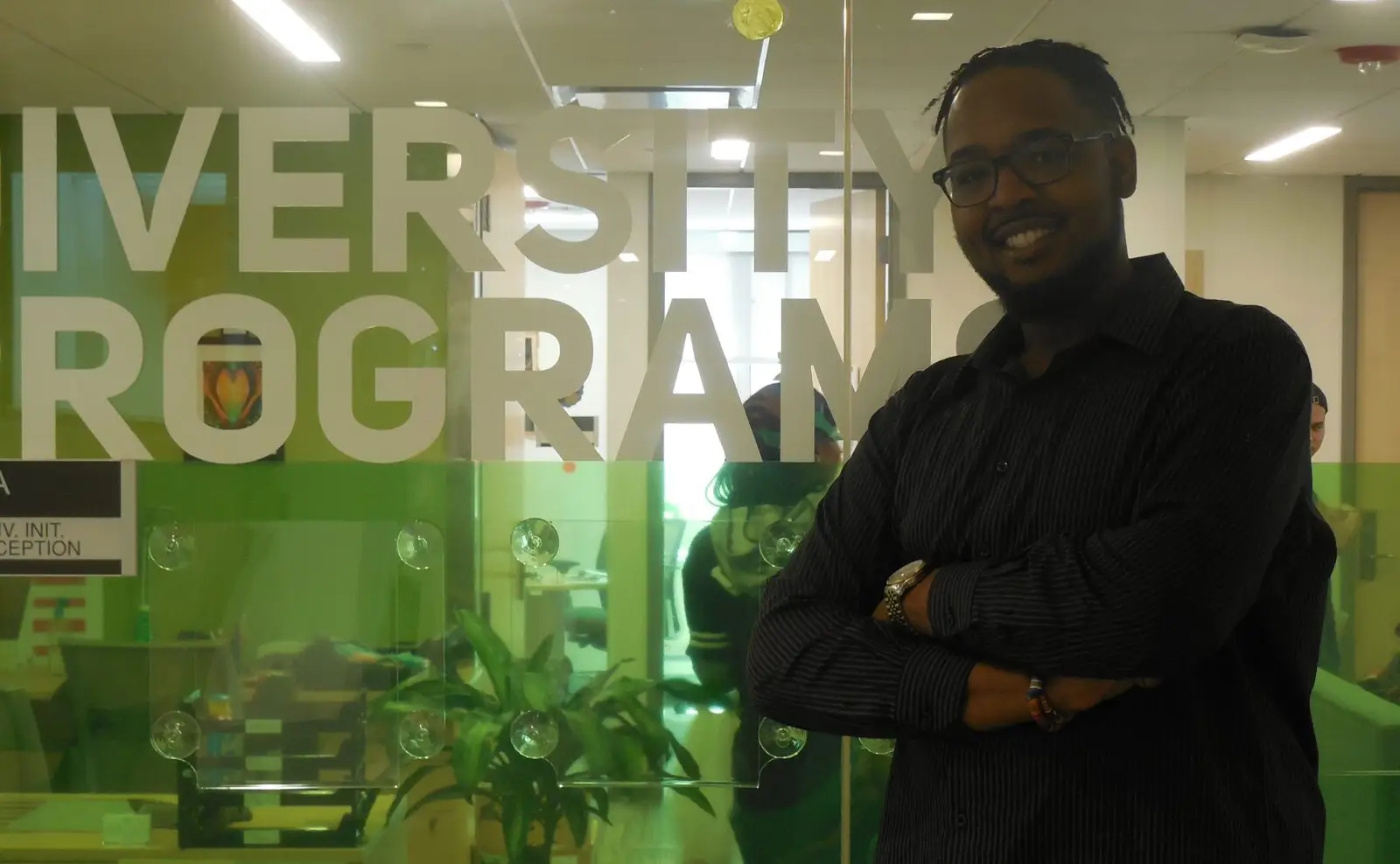In the past few years the threat of terrorism has been an unavoidable constant in news coverage, both domestic and internationally. According to Reuters, the number of attacks resulting in fatalities in Western Europe has risen from two in 2014 to 23 and 30 in 2015 and 2016, respectively.
It’s not a surprise that families have concerns over sending their children abroad.
“My family definitely had apprehension, especially my mom,” said Ericka Broderick, a senior studying at the Florence University for the Arts (FUA) in Italy. “But strangely enough, that topic was kept out of the conversation for the most part when I decided to do this. It’s more like an unspoken fear that everyone has. We don’t want to talk about it because we don’t want to think about it happening.”

Stefano Parenti, director of study abroad programs at SNHU, often speaks with parents regarding their concerns over international incidents.
“This is a fundamental topic that the [I] discuss almost always during the family meeting. I would say that around 90 percent of the families have reasonable safety concerns as a consequence of the increase of the international instability,” said Parenti.
In some cases, students are traveling to locations that have experienced acts of terrorism in the past year. On September 15, a bombing in a London subway station resulted in at least 30 passengers being injured. Last December, at a German Christmas market, a truck plowed into a crowd, killing 12 and injuring 48 others. In between, there have been shootings, bombings and other violent incidents occurring across Europe.
“I feel like due to the recent terrorist attacks in England people are more on edge than ever before,” said Isaiah Banker-Reynolds, a sophomore studying at the University of Essex. “Everyone tries to be assure of their surroundings before leaving their home. Also, now you rarely see people on their own. You often see them in groups with other people.”
Both SNHU and the universities they partner with for the abroad programs have safety measures in place. For example, FUA requires students to submit all travel plans for trips outside of the city of Florence. This includes dates, cell phone numbers and accommodation details. Similar travel logs are necessary for students to complete at other universities, like the University of Limerick in Ireland.
Back home, the Study Abroad Office is always on call in the event of an emergency, and manages the situation on a case-by-case basis.
The office’s first step is to contact the U.S. Embassy in the country of stay and obtain communications to relay to the students and to their families. If necessary, the office will maintain additional lines of communications, providing students with telephone numbers and safety advice, providing updates to and answering questions of parents, and updating SNHU Top Management. The office also keeps direct contact with the Head of the International Office at the Partner’s Institution in order to obtain any decision the school could take in accordance with the local authorities. Finally, the office has correspondence with a direct contact at the Department of State for monitoring the situation.
To cover their bases, the office will also reach out to their travel agency contact in case the departure date for students’ tickets must be changed. In the unlucky event that an evacuation needs to be considered, the Study Abroad Director would contact the nearest U.S. Embassy or Consulate to discuss any measures that the U.S. is taking to protect or evacuate American citizens. The final decision to evacuate students is made in accordance with the SNHU University College President.
Though these are all methods that are taken in the event of an emergency, students abroad can also practice personal safety measures on a daily basis. Broderick and her friends make communication key. “When I leave my friend’s apartment to go home at night, we always make the promise, ‘text me when you get back.’” She also lets her roommate know if she will be out late or away for the night.
Some other students including Sarah Schoenbeck, a junior at Universidad Viña del Mar in Chile, Kristen Boyd, a senior at the University of Limerick and Lindsey Grayson, a sophomore at the University of Essex, chimed in with the importance of staying aware of one’s surroundings. This goes for everywhere, not only for students studying abroad.

Terrorism and other acts of violence occur everywhere, including in the U.S. Fatal events like the Orlando nightclub shooting in 2016, the Las Vegas music festival shooting in October and, more recently, the November Sutherland Springs church shooting in Texas have left people dead, injured and anxious.
However, rather than being crippled by fear, many SNHU students have positive outlooks on the world and their study abroad experiences.
“If we let terrorism make us afraid to live our lives, the terrorists win. Life’s too short not to do the things you’ve always dreamed of now while you can,” said Broderick.
Parenti echoed this sentiment, believing it’s up to students to set an example in the face of violent ideology.
“We can make students aware by telling them to avoid crowded places or certain events. However, our students set a good example, an example of hope,” according to Parenti. “Therefore, we want our students to go overseas, to be exposed to differences as a foundation for critical thinking. Maybe we can think of those differences in terms of alternatives.”
SNHU students and faculty alike don’t want today’s global climate to negatively affect a student’s decision to study abroad.
“I don’t think there is ever going to be the perfect time to travel,” according to junior Brianna Ouellette who just finished her semester at Otago Polytechnic in New Zealand. “There will always be a reason for you not to travel, but you can’t let it stop you because there are hundreds of reasons why you should travel.”




